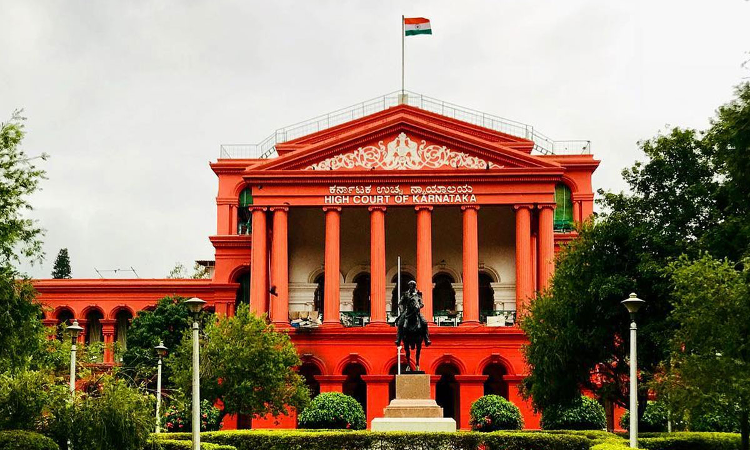In a landmark ruling, the Karnataka High Court has issued a slew of directions to be followed by trial courts and the prosecution to ensure effective compliance with Section 439(1A) of CrPC which mandates victim participation while deciding bail application filed by the accused in sexual assault cases. Justice S Vishwajith Shetty added that the obligation to notify the informant or victim of...

